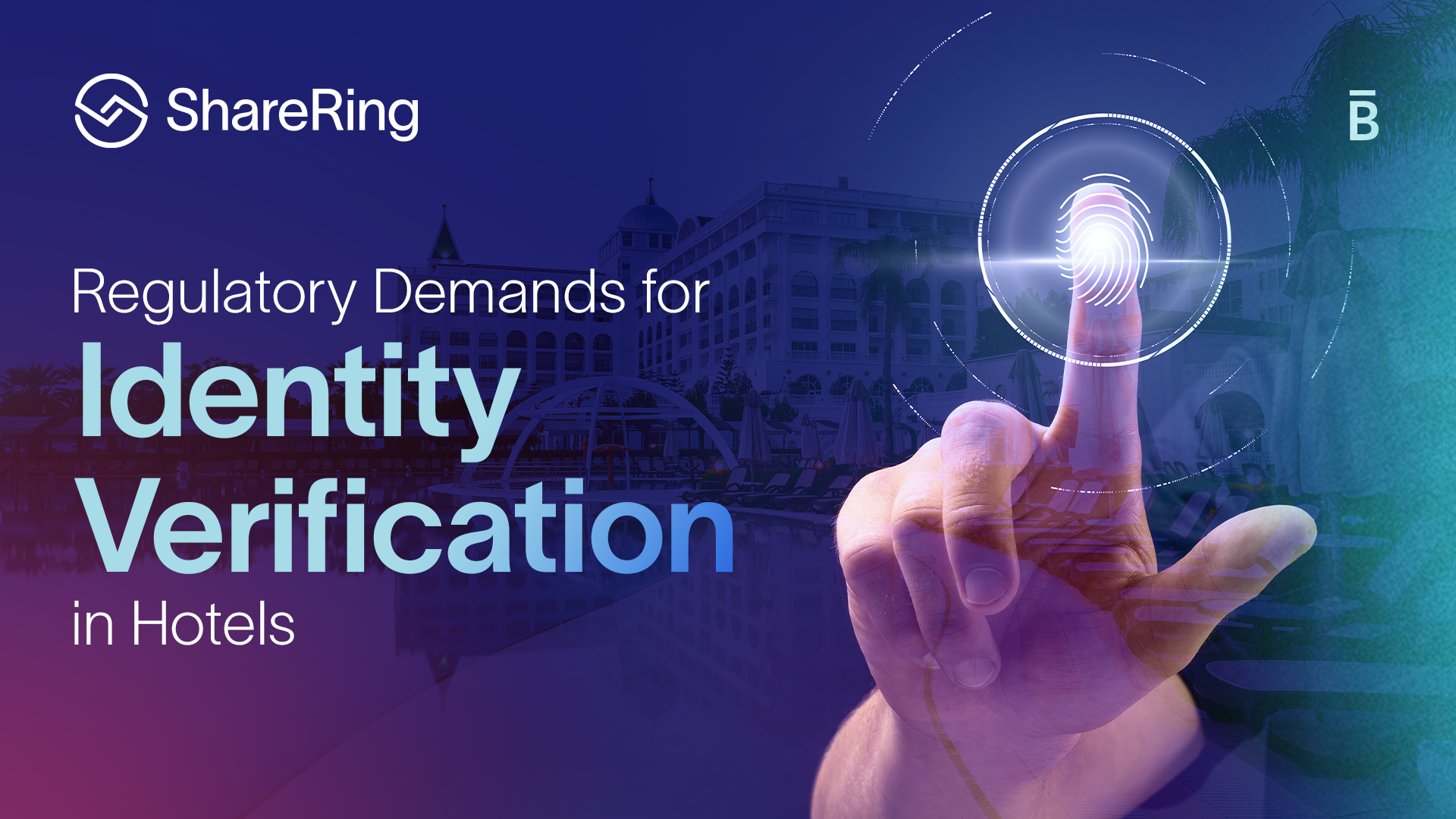What Are Digital Identities? Part 2
Hey there! Welcome back to our two-part series on Digital Identities.
Last time, we took a deep dive on industry applications for digital identity solutions with ShareRing's own BD team.
Get ready for an exciting session today as we introduce Richard Oliphant, ShareRing's Digital Advisor and another mastermind in the realm of digital identity.
Join Richard on an exciting journey where you'll learn valuable insights about digital identity solutions.

Tell us about your background in the digital identity space.
“With my past experience as the EMEA General Counsel for DocuSign and my advisory work for other leading e-signing platforms, I have gained extensive knowledge about the constantly evolving digital identity and e-signing landscape.
As the demand for secure authentication of signers continues to grow, digital identity and e-signing platforms are merging. My main focus is to help Identity Service Providers (IDSPs) integrate their verification tools seamlessly with popular platforms such as DocuSign and Adobe Acrobat Sign.
Furthermore, I am passionate about exploring new collaborations between e-signing platforms and Blockchain/DLT providers. This opens up exciting possibilities like the transfer of electronic trade documents and digital assets, which I am eager to explore.”

How would you define digital identity in the context of businesses?
“A digital identity refers to the online portrayal of a person's identity, including their name, age, address, and biometric information like fingerprints or facial scans.
Nowadays, businesses are accepting digital identities as a substitute for physical documents like passports and driving licenses to verify and authenticate their customers.
Some common uses of digital identity include opening a bank account, authorizing payments, verifying age to buy alcohol, and granting access to medical records.”
What growth have you witnessed in the industry over the last 5 years?
“The use of digital identity has rapidly increased thanks to a combination of technological advancements, such as SSI, the emergence of trust frameworks for digital identity, and the impact of the COVID-19 pandemic.
Due to the pandemic, traditional face-to-face methods of identity verification have become a health risk, leading governments and regulators to encourage the adoption of digital identity solutions.”
Are there any new regulations and laws coming into effect for digital identities, specifically for UK or EU?
“The UK Digital Identity & Attributes Trust Framework is a set of standards and guidelines developed by the UK government to ensure that digital identity solutions are secure, trustworthy, and user-friendly. The framework includes a set of principles and requirements that identity service providers (IDSPs) must meet to obtain certification.
The Trust Framework provides a foundation for the development of digital identity solutions that are secure, privacy-enhancing, and easy to use.
In the EU, the European Commission is modifying the EU eIDAS Regulation to enable EU citizens and residents to obtain a new EU digital identity wallet.
The EU member states will issue a wallet that allows holders to verify their identity and share personal details for both public and private services. This includes things like airport check-ins, car rentals, bank account openings, and logging in to big online platforms like Facebook and Amazon.”
Where do you think digital identities will be in the next 2 years?
“The success of digital identities will depend on three things: making sure they are easy to use, giving users control over their data, and protecting the data from identity theft and fraud.”
We hope that Richard's insights have provided a deeper understanding of the challenges and opportunities in the digital identity space.
Stay tuned for the next part of the ShareRing Business Solutions introduction series where we'll introduce the details of our Vault.
To stay updated, follow our LinkedIn or Twitter page.














.png)
